The constitution is not to be trifled with. Section 128 is designed to ensure that it cannot be changed at whim. In the words of Quick and Garran:
These safeguards [e.g., the double majority] have been provided, not in order to prevent or indefinitely, resist change in any direction, but in order to prevent change being made in haste or by stealth, to encourage public discussion, and to delay change, until there is strong evidence that it is desirable, irresistible, and inevitable.
Now, I know that Quick and Garran are not judges of the High Court, but they have been regarded, since 1901, as the peerless authority on what was intended by the founding fathers who drafted the constitution and the people who voted for it.
This proposal has been in the public consciousness for some years now but for most of that time has been more background noise than considered debate. It fails Quick’s and Garran’s tests. The first, desirability, is not a ‘first past the post’ proposition. 51 per cent will not cut it. And in the case of the Indigenous Voice to Parliament, desirability is fiercely contested. That makes the other two irrelevant.
But, even if this desirability criterion had been satisfied – if, for example 80 per cent of all Australians supported it – there is another consideration. And that is that amendments to the constitution should be unambiguous. This proposed provision also dismally fails this test, as I have argued elsewhere.
And they should be focussed on one outcome, i.e., they should be designed to solve one problem. The proposed new chapter purports to achieve two outcomes: constitutional recognition of Aboriginal people in our constitution, and a practical mechanism to eliminate Aboriginal disadvantage.
These are two quite distinct outcomes, but the Voice proponents have linked them on the basis that: everyone supports constitutional recognition of Aboriginal people, the Aboriginal people themselves have rejected a merely symbolic preambular recognition, and this proposal achieves recognition in a practical manner, i.e., it is beyond mere symbolism.
Setting aside the questionable proposition that everyone – not just activists, celebrities and virtue-signalling politicians – supports recognition, the suggestion that putting into the constitution a political representative body overcomes the objection to mere symbolism, is specious at best.
Proponents claim that this Voice will have no power. It will be advisory only. This Voice could be legislated tomorrow, and, if it is genuinely intended it should have no power, then putting it into the constitution is, ipso facto, no more than a symbolic gesture. The constitution is, above all else, about power.
The other claim that is made is that the remit of this Voice is restricted to only those matters which directly and uniquely affect Aboriginal people. They claim that it will help ‘close the gap’ between Aboriginal and non-Aboriginal people. The gap is actually between the 20 per cent of Aboriginal people who have not assimilated into mainstream Australia and the 80 per cent of those that have. But nonetheless it is a serious blight on our nation.
If we are to put into the constitution a body that represents only a small fraction of our citizenry, on the basis that it will close the gap, we should make damned sure we have some empirical evidence to suggest that it will do that. But we get nothing other than ‘well everything else has failed, we’ve got nothing to lose by trying this’. Quick and Garran must be turning in their graves.
Let me digress for a moment and observe that, contrary to claims that this Voice is doing something different, it is in fact more of the same. There are two approaches to solving Aboriginal disadvantage. One is to encourage them to adhere to a culture that passed its use by date in 1788 – the H.C. ‘Nugget’ Coombs approach – and the other is to encourage them to assimilate – the Hasluck approach. We already have empirical evidence that the latter approach is the way to go. It is the aforementioned 80 per cent, all of whom are free to practise the benign aspects of their traditional culture to their heart’s content. (Please just don’t thrust it down my throat at every opportunity.)
Recently, Noel Pearson told Chris Kenny that in 200 years’ time, we will look back and be proud of this initiative (or words to that effect). My question to Pearson would be, will we have closed the gap in 200, even 20, years’ time? If not, the Voice will have signally failed. If the gap has closed, will the Voice still be necessary? If not, will it be abolished or simply allowed to languish as the Interstate Commission has? In that case, would not the much-vaunted constitutional recognition then become merely symbolic, having lost its fig-leaf of having a practical dimension?
Will they then settle for preambular recognition? Or will they repurpose the Voice into a power-sharing entity?
Of course, they won’t have to because that is the real intent behind this Voice. And its true colours will be revealed very shortly after – following a successful referendum – it is legislated into existence. And its true colours were also revealed by Pearson when he recently described the Voice to Kenny as ‘a mechanism for a collective view on the part of the first peoples, to be gathered together and put to the executive government’.
Pearson’s use of the word ‘collective’ is a dead giveaway. It totally contradicts the lie put around that this is all about getting targeted advice from the grass roots. This is not about encouraging the development of individual agency among disadvantaged Aboriginal people and bringing them into the wider Australian community. What Pearson means by a ‘collective view’ is an Aboriginal population dragooned into an identity-based polity, all singing to the same discordant anthem of treaty, truth-telling and a separate form of sovereignty.
This Voice is a political organisation, and it will be populated by politicians intent on pushing their own vision. Their vision is something that never existed – a unified Aboriginal nation. Aboriginal communities will be pressured – subject to emotional blackmail – to conform to this vision. The Voice will dictate to them what their grassroots advice to parliament and government should be.
The fact that most, if not all, members will be selected rather than elected further points in this direction. You can bet that only those who conform to the vision will be chosen.
Got something to add? Join the discussion and comment below.
Get 10 issues for just $10
Subscribe to The Spectator Australia today for the next 10 magazine issues, plus full online access, for just $10.
You might disagree with half of it, but you’ll enjoy reading all of it. Try your first month for free, then just $2 a week for the remainder of your first year.

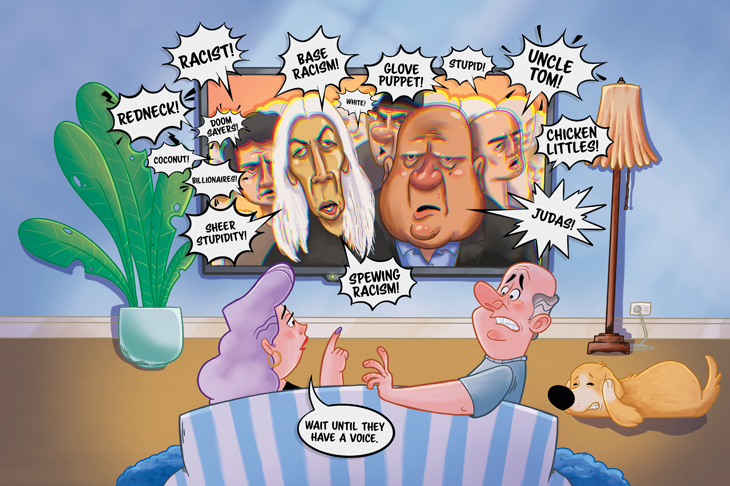
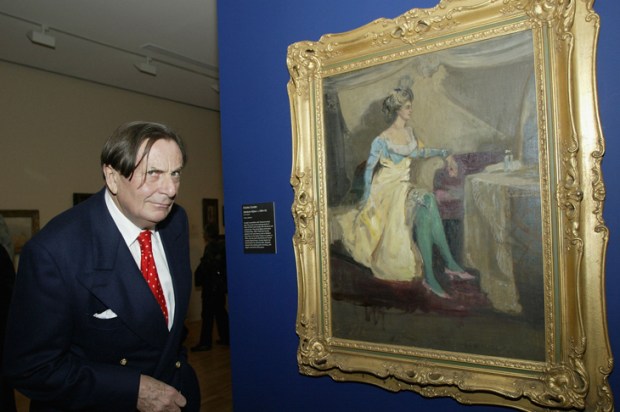
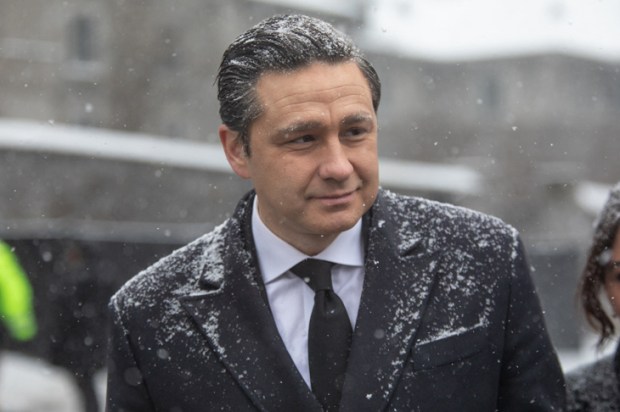

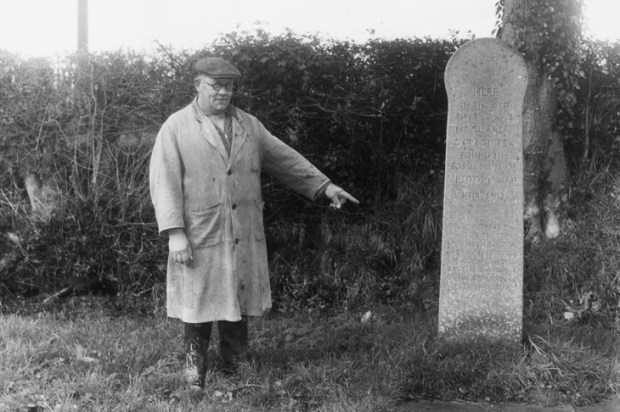
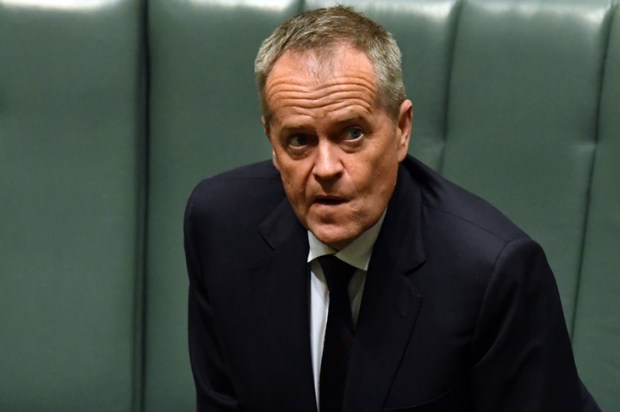
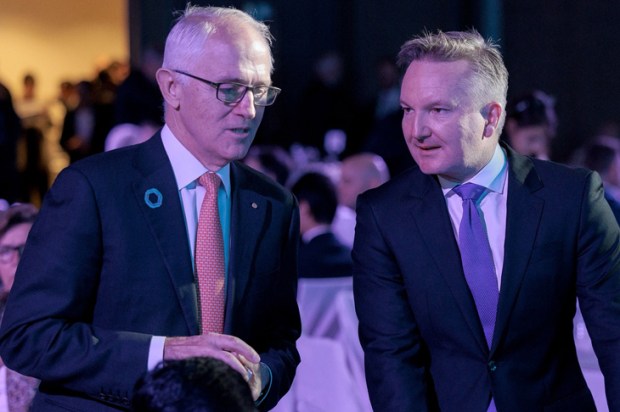






Comments
Don't miss out
Join the conversation with other Spectator Australia readers. Subscribe to leave a comment.
SUBSCRIBEAlready a subscriber? Log in